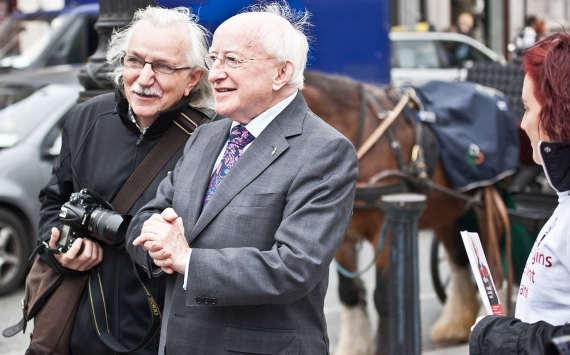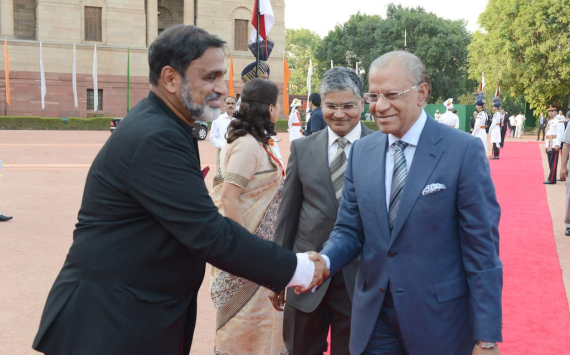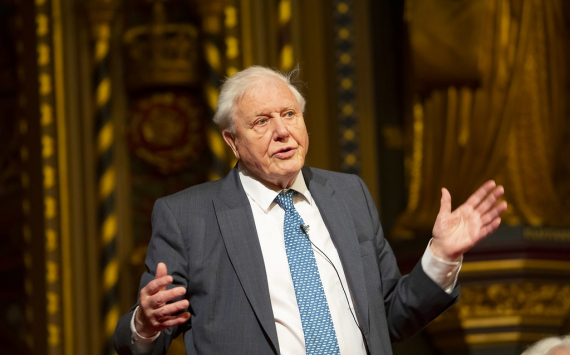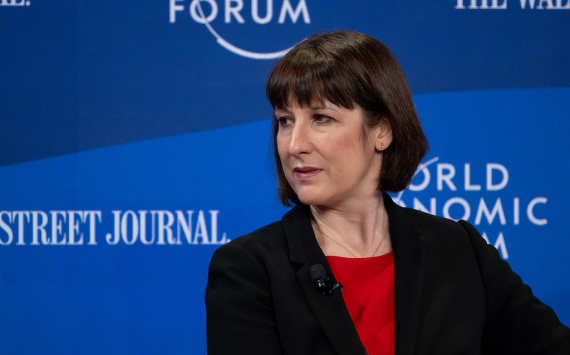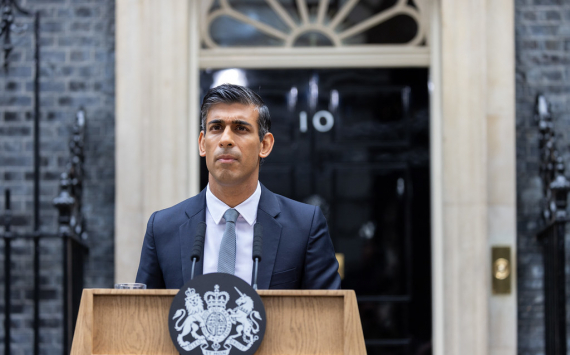
The intersection of media and conference
Concerns over transparency and political influence have arisen with the Conservative party's Spring Conference, which has banned media attendance. Rishi Sunak made the decision to exclude the press and public (excluding Tory members) from the event in Birmingham.
The political calendar's Spring Conference is a highly anticipated event, with a rich history of significant speeches delivered by party leaders. This year's conference, however, is geared towards providing party members with comprehensive training on crucial topics such as fundraising and campaign strategy.
However, the banning of the media has raised concerns about transparency and political influence. Steve Goodrich of Transparency International UK criticized the party for selling privileged political access to private interests, while closing the door to journalists. He argued that journalists are crucial to informing the public about how democracy works and that closing the door to them keeps us all in the dark about access and potential influence in UK politics.
In light of the upcoming general election, accountability of politicians and parties has become a crucial issue. However, there are concerns surrounding the Conservative party's spring conference and its lack of transparency. The party has claimed that the conference was exclusively for training party members and was closed to media.
Yet, some business leaders were granted access to a business day for a fee of £500, which included networking opportunities with government ministers. This has sparked a debate about the role of the media in UK politics.




